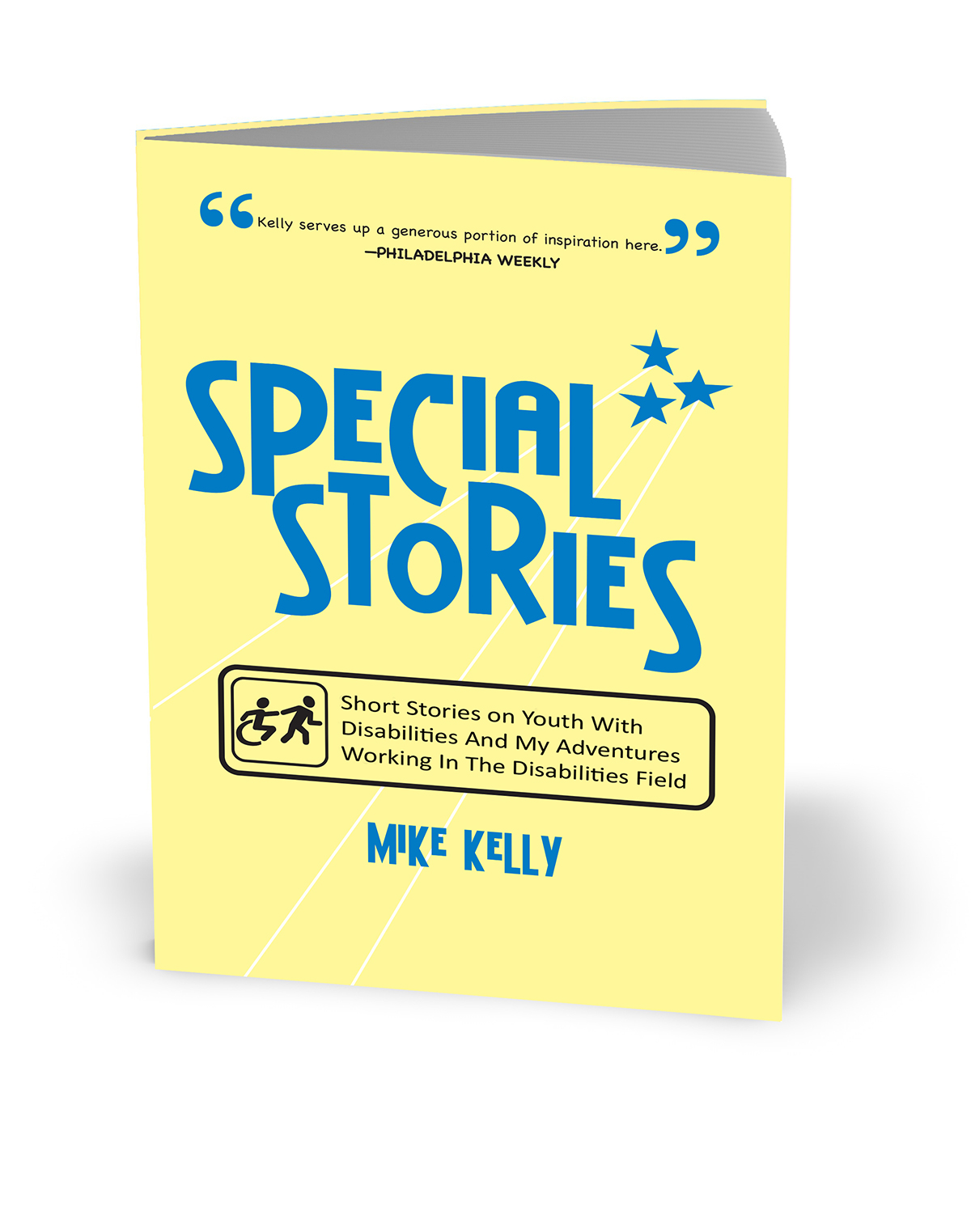Book about disabilities- Stereotyping hurts
Book about disabilities- Stereotyping hurts
For some reason, society has unreasonably low expectations of youth with disabilities along with a propensity to stereotype. In fact, there’s a prevailing and widespread belief that youth with disabilities have the following career options just because they have a disability:
1) Bag Groceries
2) Clean Tables
3) Fold Laundry
4) Corral shopping carts
5) Sweep floors
6) Sort utensils
Though this pigeonholing has become an accepted norm in our society, I feel this is ludicrous and, quite frankly, disturbing.
Can you imagine if YOU were presented with those limited and stereotypical job choices when you were a teenager because people unfairly assigned you to a certain demographic?
Because you were exceptionally tall, you were told you had to play basketball or volleyball.
Because you were of Italian extraction, you were pushed to own a pizza parlor or become a barber.
Because you were a female, you were steered to become an elementary school teacher or a stay-at-home mom.
Because you were Irish, you were encouraged to tend bar or become a cop.
Because you were a little person, you were told to play Santa’s elf at a mall during the holidays.
Because you were from India, you were guided to own a Dunkin’ Donuts or a gas station.
Because you were African-American, folks nudged you to play basketball or become a rapper.
Would you and your parents have accepted these choices?
I highly doubt it.
So why is it OK to only offer these stereotypical, limited, outdate and clichéd options to kids with disabilities? Why not give our youth more options?
Here’s an idea: why don’t we ask each kid what jobs or careers she or he has an interest in?
Instead of lumping all youth with challenges together and limiting them to only a few stereotypical jobs, I’ve always provided many options to my students based upon each individual’s distinct career interests and ability level—not based on society’s limited expectations.
Using this approach over the last fifteen years, I’ve helped dozens of my students with all kinds of challenges find outside-the-box work of their choosing, shattering stereotypes.
I helped a teenager with Down syndrome become a teacher’s assistant at a child learning center.
I helped a teenager with autism become a video game tester at an award-winning gaming design company.
I helped a teenager who can’t walk and uses a power wheelchair get a fun job delivering food in a large mall.
I helped a teenager with profound intellectual disabilities find a job playing world famous characters at a nationally-known theme park.
I helped a teenager with Williams syndrome form a band that writes and performs original music.
I helped a teenager with Asperger’s find jobs playing the piano and singing to residents of assisted living facilities.
I helped a teenager on the spectrum and with severe ADHD start his own dog-walking business within his sprawling neighborhood.
I listened to their interests and goals, and helped each student achieve them.
When someone initially offers up that my students should work in a stereotypical job—without first getting input from my students on what they want to do—it’s like fingernails scratching a blackboard.
For the record, there’s absolutely nothing wrong with bagging groceries, folding laundry, coralling shopping carts, sweeping floors, cleaning tables or sorting utensils. I’ve done them all. It only becomes wrong if a teen with a disability says they’d like to do something else for work . . . but are forced into one of the above jobs because they’re told they have a disability and that’s what people with disabilities should do.
For more information on the book SPECIAL STORIES: Short stories on youth with disabilities and my adventures working in the disabilities field, visit www.specialstoriesbook.com.
https://www.disabled-world.com/disability/publications/special-stories.php

